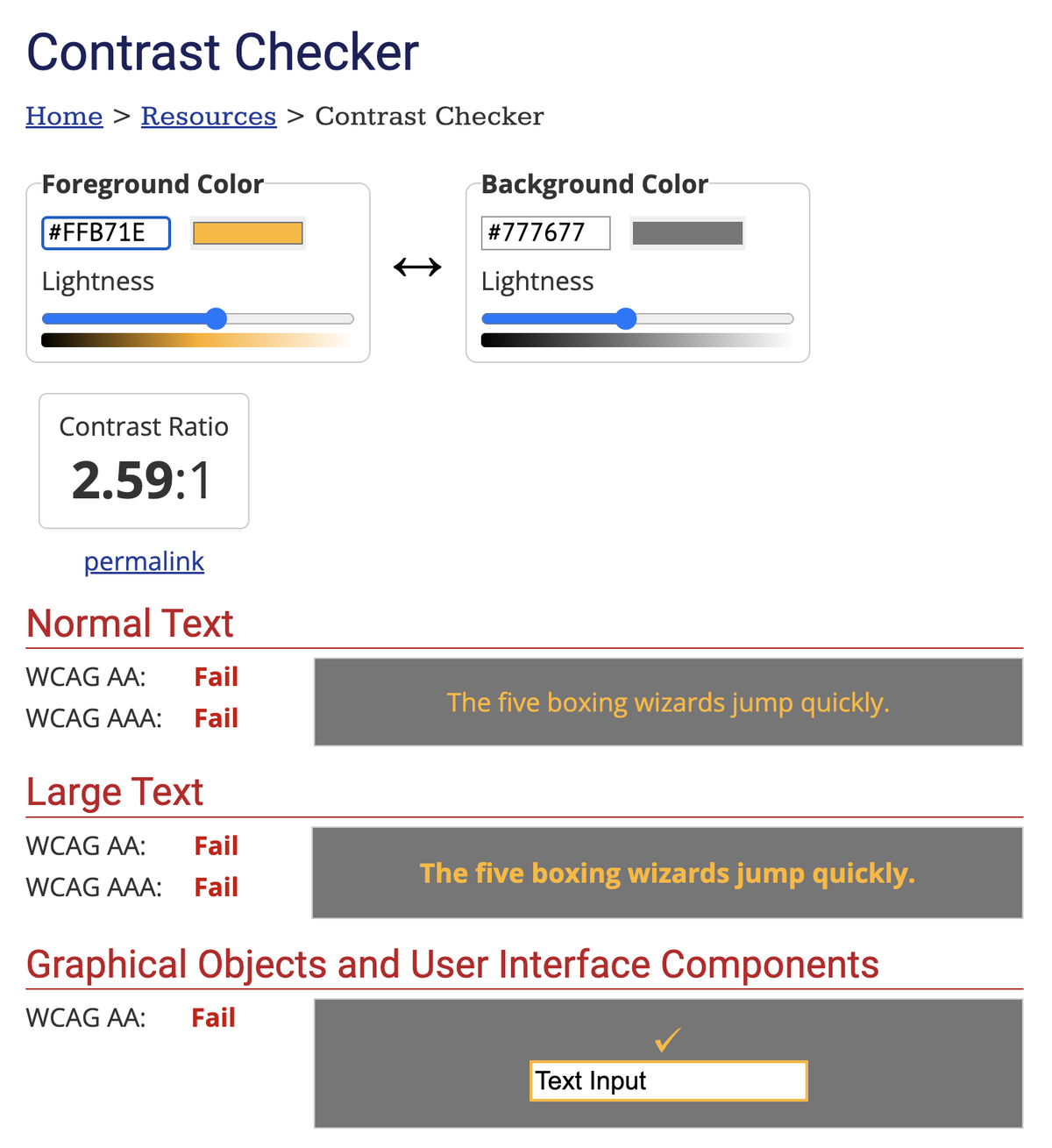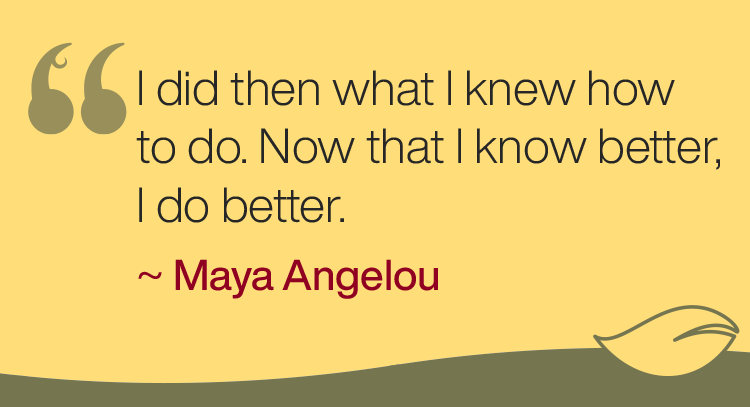Automated accessibility scanning tools can only catch around 30% of accessibility issues. To fully meet accessibility standards and make sure everyone is able to use your site, manual testing with assistive technologies is required. We will
- Provide an overview of common manual testing methodologies
- Demonstrate simple keyboard and screen reader checks you can use to get started
- Share resources to help you assess the accessibility of your sites
Familiarity with accessibility standards and automated accessibility tools is helpful, but not required. These methods are applicable to both Drupal and non-Drupal sites.
Luke Kudryashov is the senior digital accessibility analyst at the University of Minnesota Twin Cities Disability Resource Center. He has a background in digital accessibility, user experience, disability studies, and disability culture.
Khaled Musa has been the chair of the Accessibility Ambassadors since 2019. He is an academic technologist, focused on accessibility with Academic Technology Support Services. Khaled consults with faculty and staff about technology tools, with a lens on how to create an accessible and inclusive learning environment.


